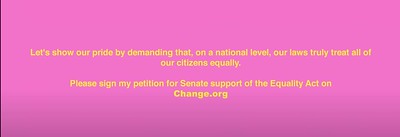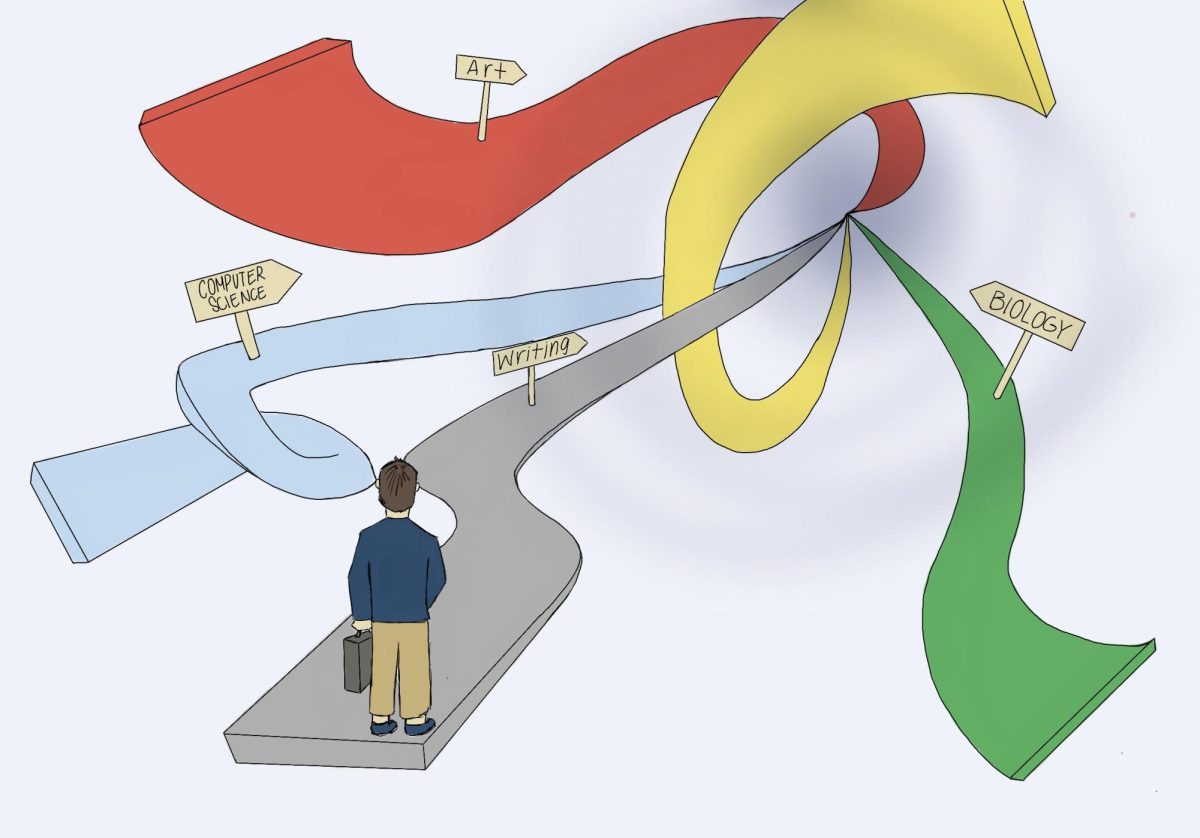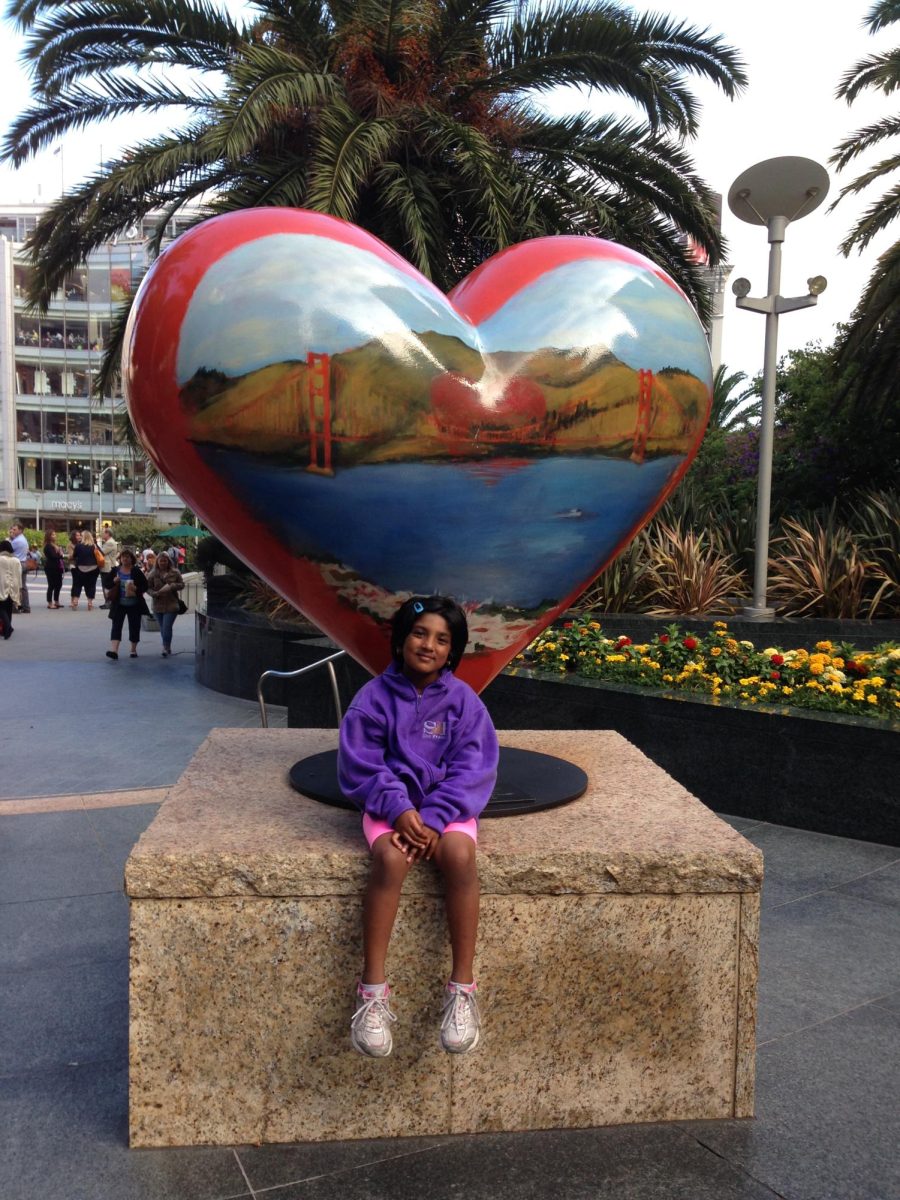
The celebrities of today stand in a unique position. Held up by social media—and slightly parasocial relationships with their fans—they can create massive change with just a single statement.
On June 17, 2019, Taylor Swift released a music video for her song “You Need To Calm Down,” urging her fans to sign a petition supporting the discrimination based on gender and sexual orientation if passed. The petition quickly amassed up to 500,000 signatures, prompting Swift to call out the White House for refusing to acknowledge it during an acceptance speech for the music video.
However, given that Swift’s primary fan base consists of mostly teenagers—many of whom have never once dipped their feet into the vast world of politics— it begs the question: How many of those signatures were well-informed rather than just compliant followers of Swift’s suggestions?
Taylor Swift is just one of the many celebrities who have used their platforms to urge their fanbase to participate in political movements over the past couple of years. Now, this is not to suggest that celebrities using their platform to address crucial issues are problematic. More celebrities should be using their platform for positive causes, rather than only speaking out when it is convenient for them. However, the concern arises when fans mindlessly adopt the political views celebrities propagate on social media.
As the generation that has grown up with social media at our fingertips, it is no surprise that the internet is where we discover and define ourselves and our values. Throughout quarantine, social media was the primary means of staying connected and keeping up with global events. For many young teens, it completely changed the way they viewed society and their stances on issues.
Specifically addressing the Black Lives Matter (BLM) protests that occurred in June of 2020, many celebrities took to Twitter to express their opinions. And while most celebrities participated in these protests and spoke out against prevailing prejudices, there were almost an equal number of celebrities who spoke out with the hashtag “All Lives Matter (ALM),” rather than “Black Lives Matter.”
Influential voices such as Fetty Wap, Jaime Lee Curtis, and Raven-Symoné, were among those who supported ALM. Many of these celebrities have a fanbase mainly consisting of impressionable middle and high school students, who adopted these views as their own, evident in the influx of political TikToks being posted since August of 2020. Children from the ages of 11-15 recorded numerous videos detailing why All Lives Matter was correct, and it was obvious that they were quoting a celebrity’s views word for word. Many even went as far as citing the celebrity as “proof” that their views were justified.
And this problem has only gotten worse as more political situations have arisen. With the rise of popularity surrounding TikTok from 2018-2023, numerous celebrities’ political opinions have blown up on the platform, resulting in an outpour of support from their young fans.
Noah Schnapp, a teenage actor best known for his role in the hit Netflix series “Stranger Things”, went viral on TikTok in a video in which he waved around stickers, proclaiming “Zionism is sexy.” While the video faced backlash from adults, his teenage fans proceeded to defend him in the comments, choosing to blindly defend Zionism along with Schnapp, rather than research the true nuances of the situation and hold a celebrity accountable.
In fact, many go as far as indulging celebrities in their views, as they are not taking the time to truly understand the consequences. Kanye West’s presidential campaign for the 2020 election, started as a way to regain the popularity he had lost in previous years, however many misunderstood the tactics and started to truly endorse Kanye as a candidate, ignoring the fact that there were other actually viable candidates that they could be endorsing. Many young adults, ranging from 19-21, wrote in Kanye as a candidate on their official ballot, not realizing that it was an ignorant vote in such a time of political tension. When it comes to issues as big as presidential elections, solely listening to celebrities on social media platforms will not give the best view of the situation one can get.
Choosing to blindly follow our favorite celebrities turns us into mindless drones, echoing the same views as the other 100,000 people who are in the same position as us without much forethought or research. And this uneducated uniformity, driven by placing celebrities on pedestals and considering their views as definitive, contributes to a more unstable political future for our country.
In the upcoming 2024 presidential election, 18-year-olds, who were merely 14 when social media was at its height of political propaganda, will be voting for the first time, deciding the fate of our country. These are the same teenagers who were lip-syncing to audio overlaid with text or attacking others for not supporting their favorite celebrity’s political views.
If we don’t start thinking for ourselves and truly researching an issue before making a judgment on it, we risk repeating this cycle of mindlessly adopting celebrity views as our own. We’ll continue to spew it out to anyone who asks for our ideas and thoughts, and further perpetuate ideas that we have not looked into enough to know what we are supporting.
Instead of immediately doing or believing what Taylor Swift has posted on Twitter regarding Joe Biden, it’s time we start using our brains to look into the true nuances of what our favorite celebrities are saying, rather than just using them to memorize more song lyrics.






